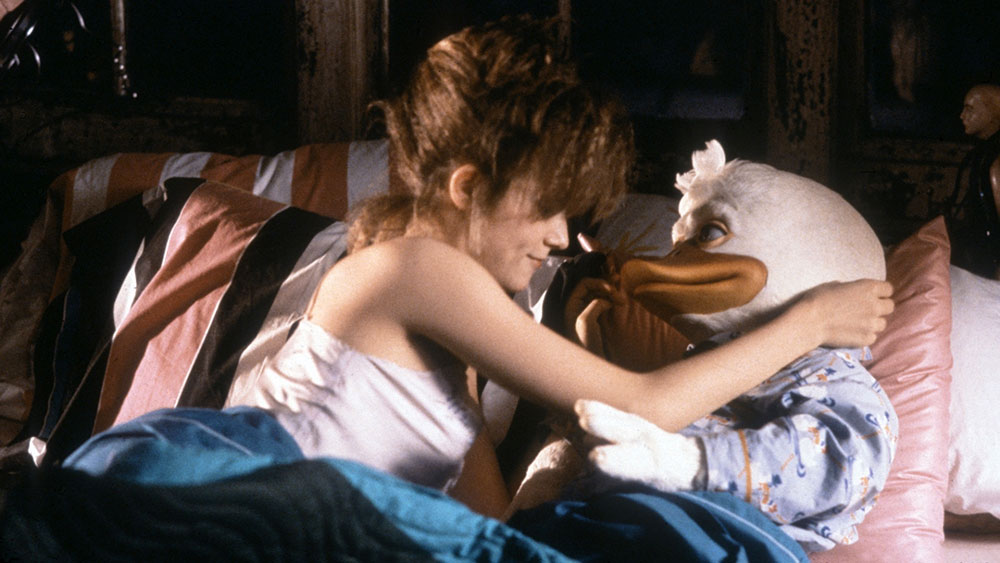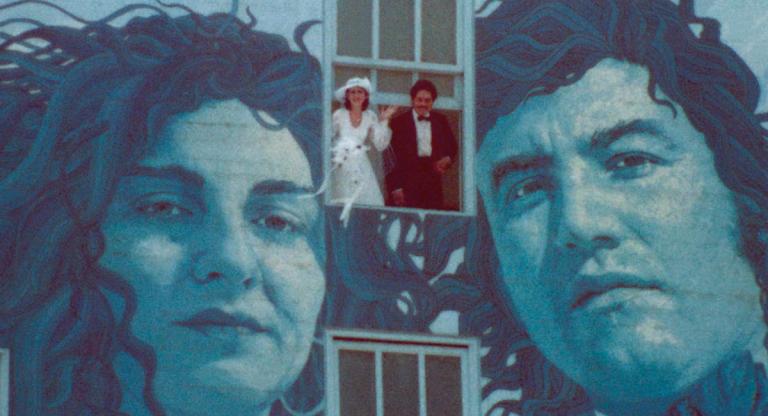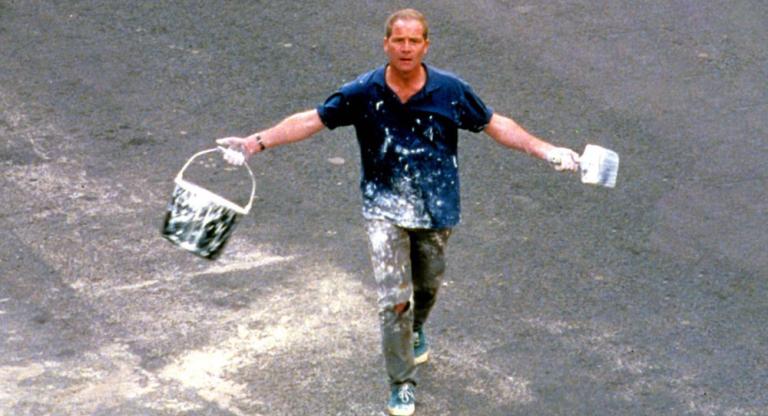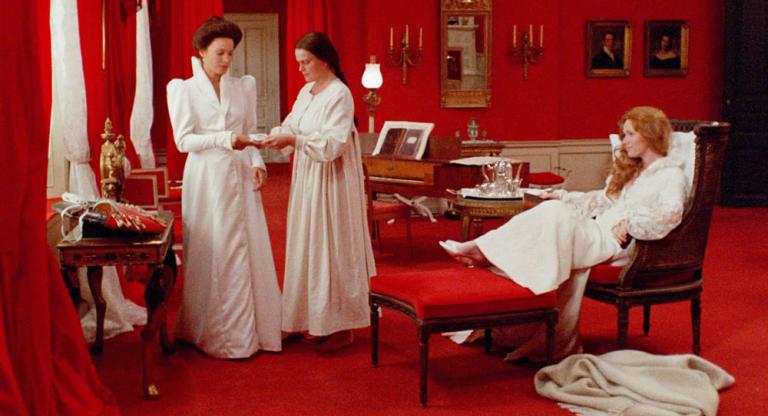In 1973, the husband-and-wife team of Willard Huyck and Gloria Katz wrote and directed the eerie art-horror classic Messiah of Evil. That same year, they also supplied the script, along with their friend George Lucas, for the coming-of-age comedy American Graffiti. Excepting their work on Indiana Jones and the Temple of Doom (1984), Huyck and Katz spent the following decade either writing or directing middling comedies. These included the prohibition-era crime farce Lucky Lady (1975) directed by Stanley Donen and starring Gene Hackman, Burt Reynolds and Liza Minnelli; the semi-autobiographical sex comedy French Postcards (1979), which Huyck directed; and the beguiling Eddie Murphy and Dudley Moore war comedy Best Defense (1984), which was also directed by Huyck. As fate would have it, Huyck received one more opportunity to direct a film following the commercial and critical backlash toward Best Defense, which not only caused Vincent Canby to dub it “Temple of Nothing,” but landed itself on Siskel & Ebert’s Stinkers of 1984 alongside David Lynch’s Dune and Friday the 13th. The final film directed by Huyck—with a script by him and Katz—was also the first feature film optioned from a Marvel Comics property. It starred a wise-cracking horny duck named Howard.
Howard the Duck (1986) was long in gestation before Best Defense was being dismissed by critics and audiences alike. Executive produced by Huyck and Katz’s longtime friend George Lucas, the genesis for the film adaptation of the confounding comic book property dated back to the mid-70s, following their work together on American Graffiti. Existing as a sort of passion project for Lucas, with Huyck and Katz entrusted to make the existentialism and abstract satire of the comics more palatable for general moviegoers, Universal greenlit the film as a PG-rated live action summer release. But the studio really had no idea what they were getting themselves into.
Howard the Duck is a rather baffling choice for Marvel Comics to have made their leap to the big screen with. The source material is hardly family friendly, or friendly in any way for that matter. Much of its humor was derived from how it parodied hardboiled noir archetypes and the format of popular comics at the time. It speaks to Lucas’s clout and hit-streak that a studio like Universal would even read the Howard the Duck script and opt to invest 37 million dollars into its budget. For the record, that’s ten million more than they had for Temple of Doom. Regardless of the financials or who was responsible for getting Howard the Duck made, Universal wound up with a big summer movie that featured something no other film of the year, or any year prior, could tout: anthropomorphic duck boobs.
As in the comic source, in Huyck’s film, Howard is a duck from Duckworld, a planet populated by anthropomorphic ducks. However, rather than set the film on an alien planet, Huyck and Katz decided to send Howard to Earth or, more specifically, Cleveland. This puts Howard, a 4-foot tall talking duck in a fish out of water situation, leading him to spend the rest of the film trying to get home or trying to get into the pants of a human woman named Beverly Switzler (Lea Thompson). For the most part, Howard the Duck isn’t concerned with conflict. Instead, it concerns itself with Howard’s interactions with humans, including his aforementioned attempts at interspecies fornication, dancing on stage with Switzler’s band Cherry Bomb, and enjoying a meal at a local diner. The film’s lack of reliance on plot elevates its strangeness into surreal territory; it feels as if we’re watching a hang-out movie beamed from another dimension.
It’s hardly news that Howard the Duck was an unmitigated disaster for Universal. Derided by critics and largely ignored by audiences, it has long been considered the nadir of George Lucas’s career, despite the fact that he only served as an executive producer on the film. It remains the final feature directed by Huyck, though he and Katz did continue writing scripts, most notably Radioland Murders (1994), which was also produced by Lucas. As for Howard himself, the suited actor Ed Gale who portrayed the titular duck (and also Chucky in 1988’s Child’s Play), was investigated for sex crimes in 2023 involving minors, adding yet another dark air to the legacy of Howard the Duck. Whether it is viewed as a progenitor for the current comic book movie or a tongue in cheek piece of studio financed camp, it’s hard to argue against Huyck’s film having originality to spare. Like it or not, there’s no other duck like Howard or film like his own.
Howard the Duck screens tonight at Nitehawk Prospect Park as part of the series “Another Time, Another Place.”



